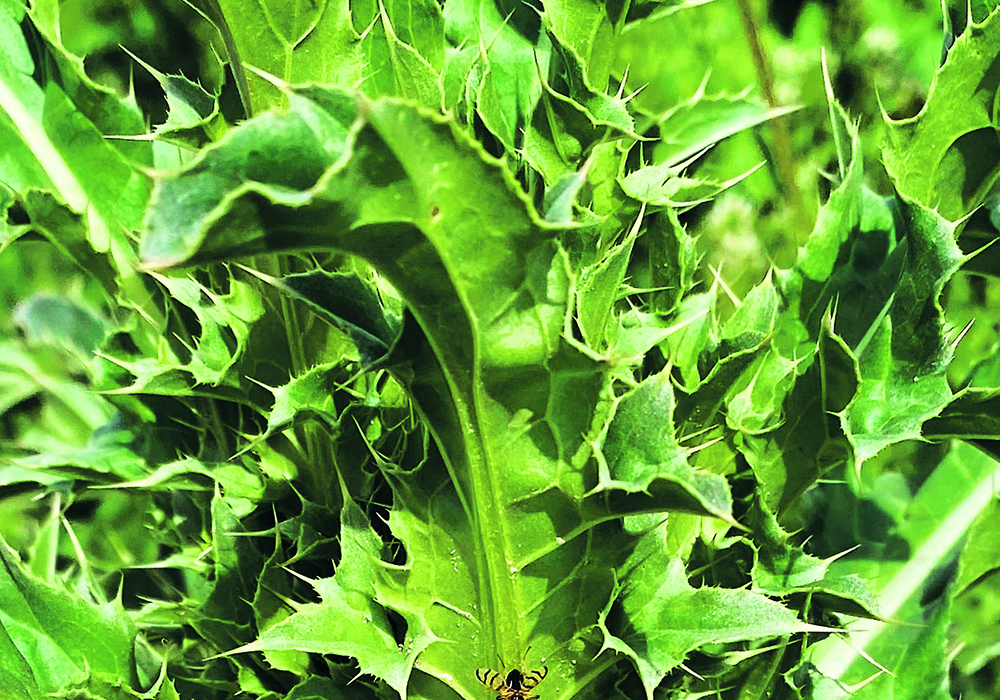White cockle is a tough weed to control once it reaches its short-lived perennial stage.
The weed’s proper name is Lychnis alba and is also known as evening lychnis and white campion.
It produces large numbers of seeds, has a tough, deep taproot and once established is challenging to remove from fields.
Mature plants are 10 to 30 inches tall and have oblong, hairy leaves with smooth edges. Flowers are fragrant, white and about an inch across. They open at night.
University of Saskatchewan research indicates that a two stage approach to the weed is the most effective.
Read Also

Equipment manufacturing may return to Canada
Some ag equipment and automotive manufacturers are now adjusting their production and distribution to avoid tariff costs in relation to supplying the Canadian market.
Dicamba, Banvel mixed with 2,4-D or MCPA are used in cereal crops when the weed is in the two to four leaf stage. Dicamba is applied at a rate of .12 litres per acre, while 2,4-D or MCPA, in a 500 gram formulation, are applied at .35 litres.
A pre-seed burn-off will control seedlings but often not perennials.
Ken Sapsford of the U of S suggests that a second application of herbicide can be effective in a cereal crop after glyphosate or a mix of glyphosate and florasulam, Prepass or tribenuron and metsulfuron, Express Pro, or 2,4-D.
Group 2 combination products that can control white cockle in spring wheat include thifensulfuron, tribenuron and metsulfuron or Precision Pac 23235, tribenuron with 2,4-D and dicamba and Precision Pac 2525, as well as thifensulfuron, tribenuron with the addition of MCPA.
Tribenuron and metsulfuron should not be applied if the burn-down application contains those products.
In alfalfa and clover, white cockle is treated with 2,4-DB products like Cobutox, Embutox or Caliber (the 625 grams per litre formulation).
Timothy, alfalfa and clover seed growers find white cockle seeds impossible to clean from their crops.
In established pasture, a mix of dicamba, 2,4-D and mecoprop-p, DyVel DSp, can be applied at a rate of 1.3 litres per acre.
There is a 30 day grazing restriction on these products.
Steel is a control option for this weed.














